Tickets for the 2023 Rights in Focus Conference are sold out. For those of you who have booked a ticket, keep scrolling for an overview of the schedule and further information about speakers. See you in April!
The 2023 Rights in Focus Conference explores the politics and practice of placing rights at the heart of arts and engagement work. Bringing together diverse voices spanning arts, politics, academia, policy, community and campaigning, this two-day programme of talks and workshops offers radical ways to think differently about art, activism, social justice, care and community.
A platform for leading work in the field, this event critically explores how creative practices can advocate for people's rights and embed social justice agendas within arts and engagement work. Bringing different approaches to questions of how rights and justice work together, the conference will provide a unique, intersectional space for learning and exchange, for practitioners who want to challenge how art can make transformative change in the world.
This is the third iteration of the conference, and this year is collaboratively programmed by Autograph, UAL Camberwell College of Arts and South London Gallery.
💭 How can we challenge the social, political and institutional power structures that create conditions of privilege and exclusion?
💭 How can we create access and inclusion for the most marginalised?
💭 How can we address power imbalances and hierarchies between communities, artists and practitioners?
💭 How do we bring anti-racism, radical pedagogy and decolonising educational practices into our work?
💭 How can creative campaigns around visibility, identity and representation act as forces for social change?
The conference will take place over the course of two days, across different sites in Peckham. Each day will start with two keynote presentations in the morning, followed by a choice of breakout sessions which include workshops, panel conversations and local community walks in the afternoon.
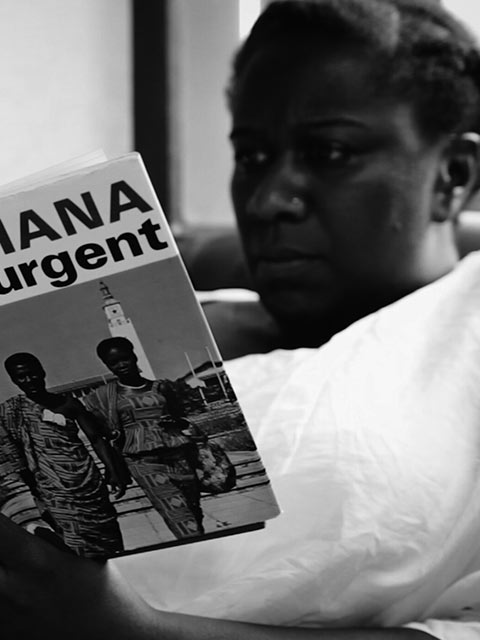
Barby Asante is a London based artist, curator, and researcher. With a deep interest in black feminist, decolonial methodologies, and what writer and scholar Ebony Coletu describes as descendent epistemology.
Asante draws from her Akan heritage, family stories and the histories that have created an African Diaspora to explore the politics of place, space and the ever-present legacies of slavery and colonialism. She is interested in how these legacies persist and inform the realities we live in today and how we undo them through imagining and enacting practices of liberation for otherwise ways of living. Exploring how we remember and the limits of the archival through the Akan principle of Sankofa, Asante also embeds within her work notions of collective study, countless ways of knowing and dialogical practices that embrace being together and breathing together. She explores this through works and processes using performance, film, collective writing practices, re-enactment and creating spaces for transformation, ritual and healing.
Asante recently completed her PhD in Visual Arts, Performance and Memory Practice at CREAM (Centre for Research in Art and Media), University of Westminster and is a Lecturer in Fine Art Critical Studies at Goldsmiths, University of London. She is also on the boards of the Women’s Art Library and 198 Contemporary Arts and Learning.
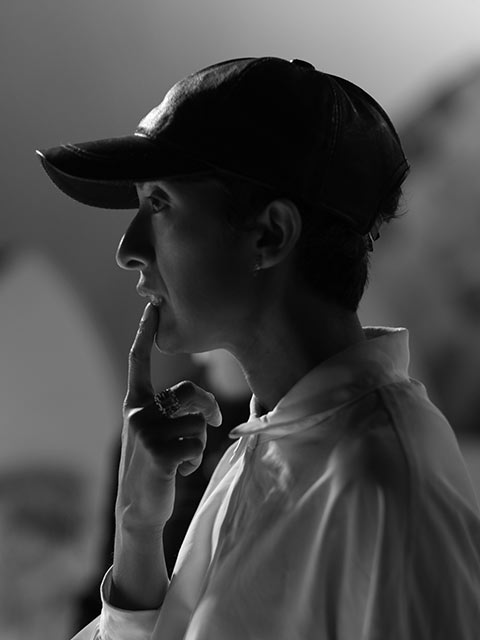
Michelle Williams Gamaker is an artist working in moving image. She interrogates cinematic artifice, deploying characters as fictional activists to critique the imperialist storytelling in 20th-century British/Hollywood studio films.
She is joint-winner of Film London’s Jarman Award 2020 and is the recipient of FLAMIN’s Production Award for Thieves, her first film in Fictional Revenge, which premieres at South London Gallery in the exhibition Our Mountains Are Painted on Glass. Her latest film The Bang Straws (2021) recently screened at Whitechapel Gallery’s The London Open 2022 and also at BFI LFF Experimenta, winning best experimental film at Aestehtica’s Short Film Festival (2021). Williams Gamaker is a Reader in BA Fine Art at Goldsmiths, and currently is a British Academy Wolfson Fellow, researching Narrative Reparations: On Fictional Activism, Fictional Revenge and Fictional Healing through filmmaking.
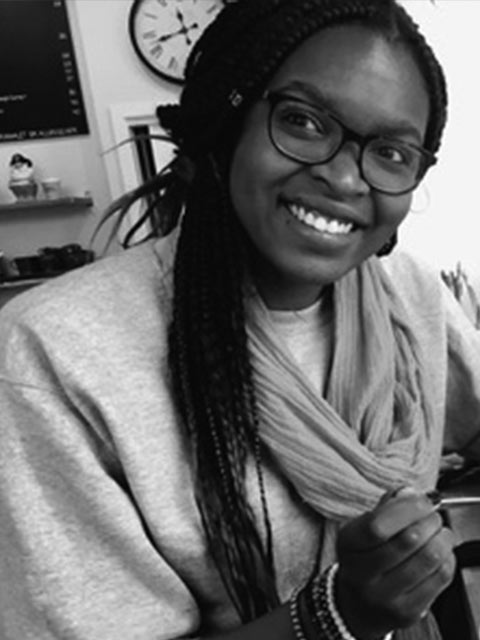
Rebecca Omonira-Oyekanmi is an independent reporter and editor working with communities and activists to expose state violence and social injustice through investigative reporting and storytelling.
She co-edits Shine A Light, an award-winning journalism project and is writer-in-residence at Lacuna, a human rights magazine. Her work has been twice shortlisted for the Orwell Prize for political writing and in 2020 she won a Stuart Hall fellowship at Sussex University.
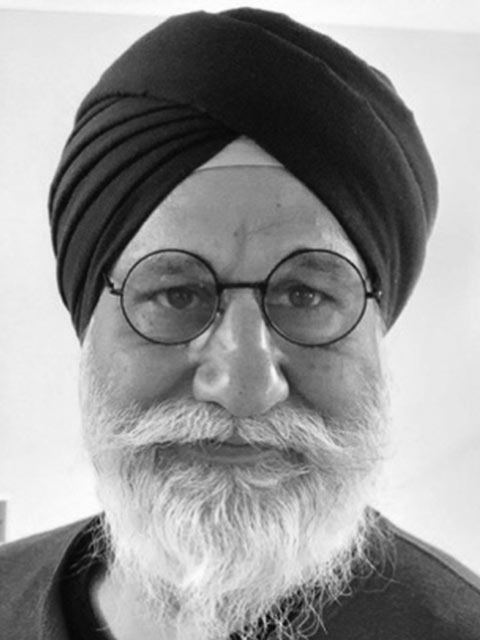
Dr Gurnam Singh is a freelance activist researcher, writer, and educator. His work is dedicated to highlighting and disrupting systems and mechanisms of power, oppression, privilege and violence.
He Holds several visiting posts: Fellow in Race and Education, University of Arts; Associate Professor of Sociology, University of Warwick; Professor of Social Work, University of Chester. In 2005 he completed a PhD in Sociology from the University of Warwick, in 2009 he was awarded a National Teaching Fellowship (NTF), and in 2018 he was made a Fellow of the Royal Society of the Arts (FRSA). Dr Singh has published widely on a range of issues related to politics, identity, culture, and social justice.
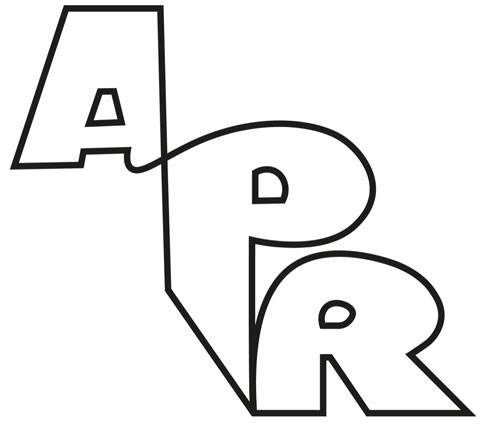
A Particular Reality is an inter-institutional collective formed by students, alumni and educators from the Fine Art departments at Goldsmiths University, Kingston School of Art, Manchester Metropolitan University and Middlesex University.
With a commitment to building creative learning environments upon the values of equity, care and collaboration; APR addresses art, learning and anti-racism, within and beyond practice-based education.
We are committed to providing a non-hierarchical space to support marginalised students and staff and cultivate creative expression. A Particular Reality intends to forge connections across creative disciplines amongst students, educators and makers; elevating individuals who identify with feeling isolated in respect of their cultural identity and lived experience. We call for institutions to serve people’s differences better, and strive for those who make up the institution to feel more connected to a network of practitioners, creatives and collaborators.
Conference contributors include:
Lucy Carter, Esio Richards, Denny Kaulbach, Francesca Telling, Laiba Raja, Ali Eisa.
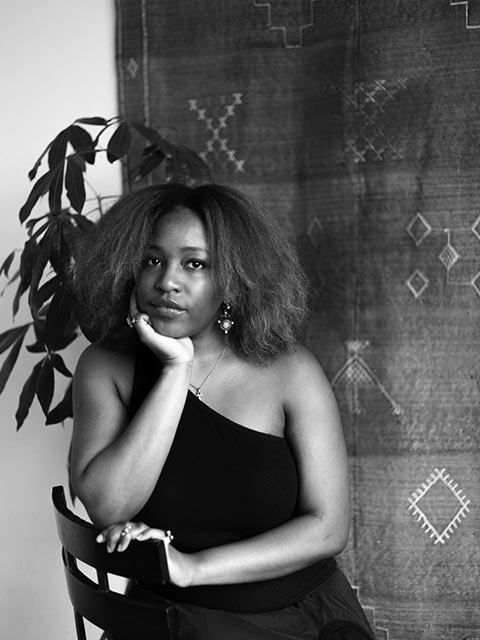
Fikayo Adebajo is sociologist and magical realist whose work is realised through photography, installation, and public programming. The Yoruba worldsense is a guiding principle in her integration of mind, body and soul into her practice of image-making, which holds an extensive bibliography of references within materials used.
As a Tate Assistant Curator, her programming work is grounded in alternative forms of knowledge production, and centering practices of care. Ultimately, she asks us to imagine otherwise potentials for ourselves and our communities by presenting a methodology for finding joy in seeing and being seen, in moving slowly, in being uncertain and in sharing space.
Her latest work, “A Brief History of Love in VII Acts” is currently showing at 50 Celebration Ave, E20. Highlights of past exhibitions include “Re:Repair, Barbican Center (2022)”; “Regenerate, Barbican Center (2021)”, “Where is South”, Tate Modern (2019), “New World (Dis)orders”, London School of Economics (2019).
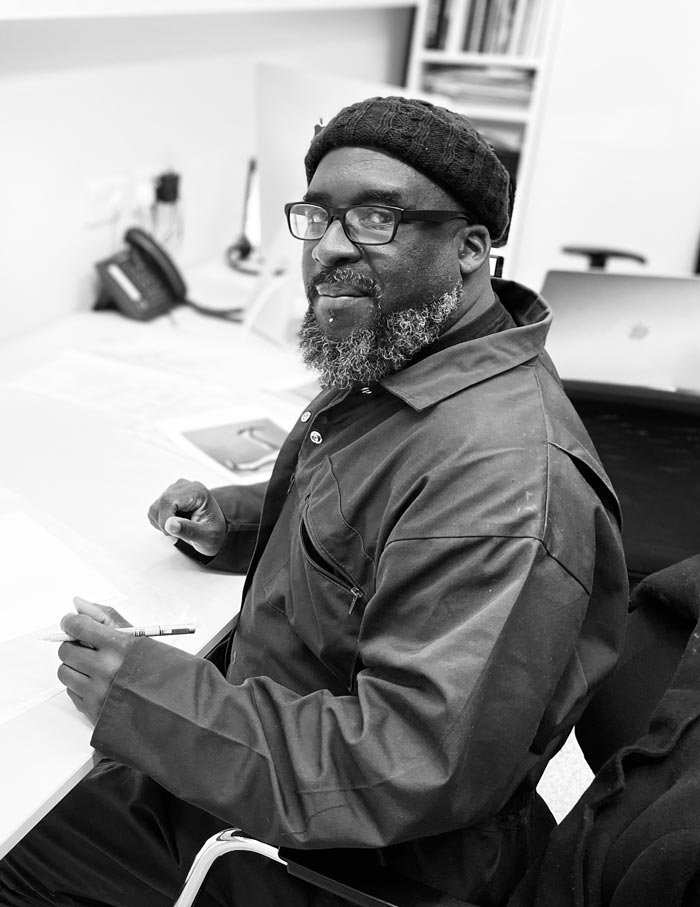
Ajamu is a photographic artist, scholar, archive curator and radical sex activist best known for his imagery that challenges dominant ideas around black masculinity, gender, sexuality, and representation of black LGBTQ people in the United Kingdom.
He is the co-founder of rukus! Federation and the rukus! Black Lesbian, Gay, Bisexual, Trans, Queer + Archive and one of a few leading specialists on Black British LGBTQ+ history, heritage, and cultural memory in the UK.
Ajamu’s works have been shown in exhibitions in museums, galleries, and alternatives spaces across globally since the 1990s. His current solo exhibition, Ajamu: The Patron Saint of Darkrooms, is on display at Autograph ABP until 2nd September 2023.
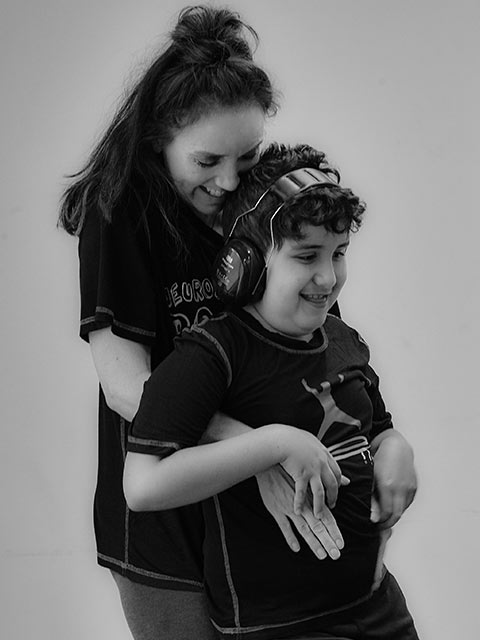
Lisha is an artist and autistic rights advocate, particularly in the arts, speaking and writing about diversity, inclusion, and anti-ableism within cultural institutions. She is Chair of Governors at Queensmill School, a London-based school for autistic children.
Lisha is an ambassador for Flute Theatre, which collaborates with autistic individuals in interpreting Shakespeare and an advisor to Go Live Theatre, which creates relaxed theatre experiences. She is CEO of WhatDo, a clothing company which caters to individuals with sensory sensitivities while celebrating neurodiversity. She obtained her Bachelor of Arts in Communications and her Master of Fine Arts.
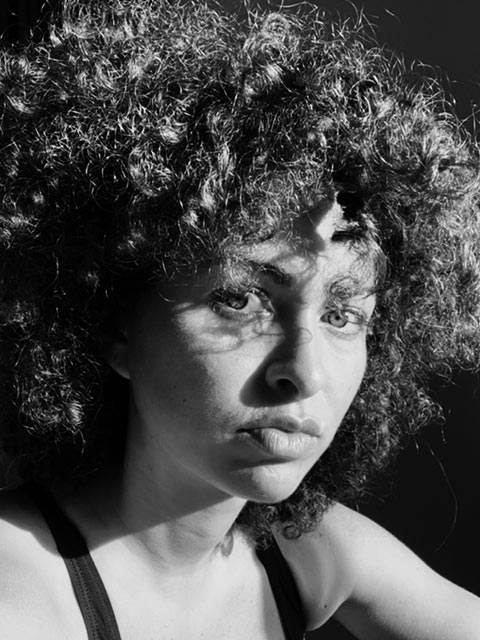
Clémentine Bedos is a London-based artist, researcher, and educator. With a background in law, philosophy, and fine arts, their transdisciplinary practice traverses the multidimensional oppressions faced by subaltern bodies and communities.
Through hybrid and site-specific interventions, Clémentine weaves together ancestral and digital embodied processes to build new technologies of consciousness. They are a Board member of a-n, The Artists Information Company, as the Chair of a-n Artists Council 2022-25 and Associate Lecturer at London College of Communication.
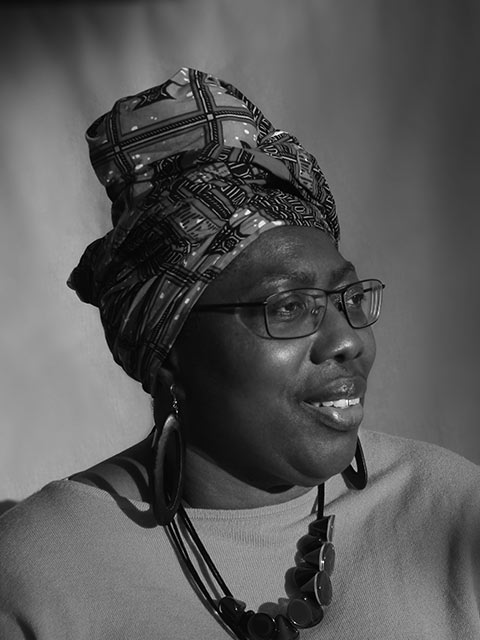
Dr Charmaine Brown’s teaching journey started in 1988 with the Inner London Education Authority (ILEA) and continued as Education Manager at the Peckham Literacy Centre ‘The Bookplace’. Since 2002, she has been teaching in HE.
She is currently a senior university lecturer in initial teacher education at the University of Greenwich and participates in a range of equality initiatives which is applied in her professional role as Judicial Office holder for the Ministry of Justice sitting on the First Tier of Social Security and Child Services Tribunals in England, Scotland and Wales and Employment Tribunal in England and Wales.
Brown is passionate about empowering community members and getting their voices heard. She is knowledgeable about the communities she supports, having held a variety of paid and voluntary roles in the Voluntary Sector including management committee posts, mentoring disadvantaged young people, advocating in case of miscarriages of justice against the police and teaching literacy, numeracy and ESOL. Her current interests include reading, attending cultural events, documenting oral histories from Jamaican elders, genealogy and creating memories for the younger generations of her family.
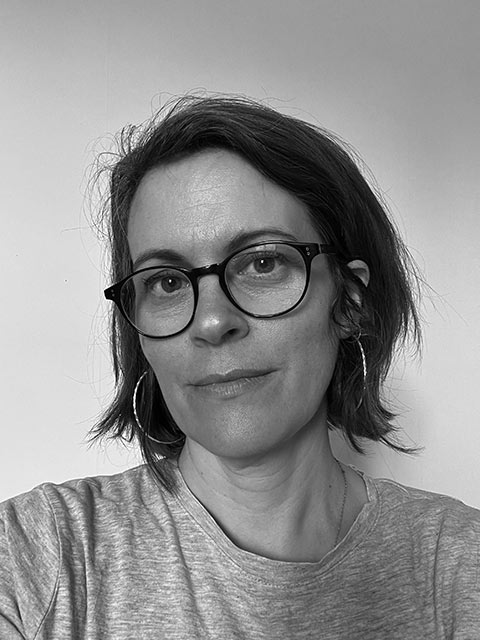
Cath Cartman is a photographer and researcher with an interest in early and alternative photography. She uses ‘slow’ processes - archives, camera-less techniques and pinhole and large format portraiture - to explore how it feels to make photographs, and how it feels to be photographed.
She offers participatory workshops that use photography as a tool for self-discovery and well being, and is an access support worker for disabled and neurodivergent arts professionals.
Cath’s historical research is concerned with bodies in archives, with a particular focus on gender and disability in nineteenth century photographs. Her research challenges photography’s inherent medical gaze, interrogates the relationship between photography and masculinities, and explores the generative potential of disability as a cultural force.
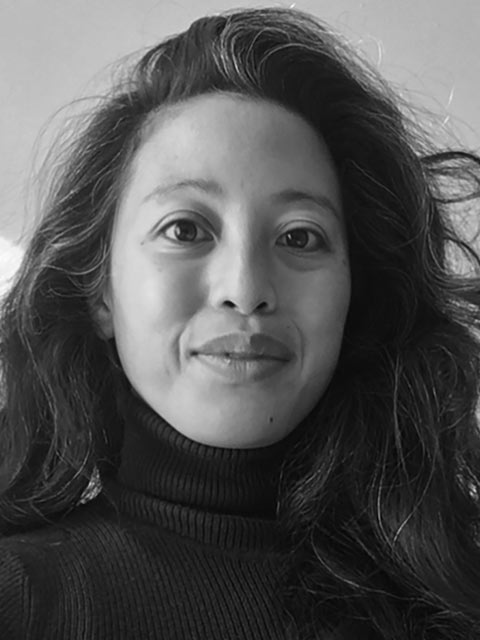
Kim Chin is a British-Filipino-Chinese-Jamaican practice-based curator, textile artist, and producer with advocacy at the heart of her work. After an extensive career in fashion textiles based in North America and Europe, Kim returned to London in 2019 to repurpose creativity towards a more human-centred approach.
Kim completed an MA in Culture, Criticism and Curation at Central Saint Martins to commit time to this change. Intersectional inclusivity grounded in antiracist, feminist and neuroatypical-friendly environments is vital to stimulate multi-medium workshops and events advocating for social change and better mental well-being. Kim is an active member of ESEA Sisters and the Equity Advisory Council.

Colours of Art School is a subversive art collective, made up of a cohort of artists of colour whose thinking and curatorial practice seeks to observe and record the art world in its contemporary condition.
Our close community establishes a space for artists of colour in need of an environment away from our respective institutions to critique, learn, collaborate and celebrate with each other in order to develop our practices. We participate in crits and meetings, share resources and opportunities, curate exhibitions, events and publications, and create shareable content for our social media channels which exhibits our favourite contemporary artists, current exhibition, our individual practices and collective thoughts.
Conference contributors include:
Nina Mhachdurban, Harriet Vickers, Gwyneth Tambe-Green, Izzy Gotobed, Marla, Katie Gabra, Chantal Goulder.
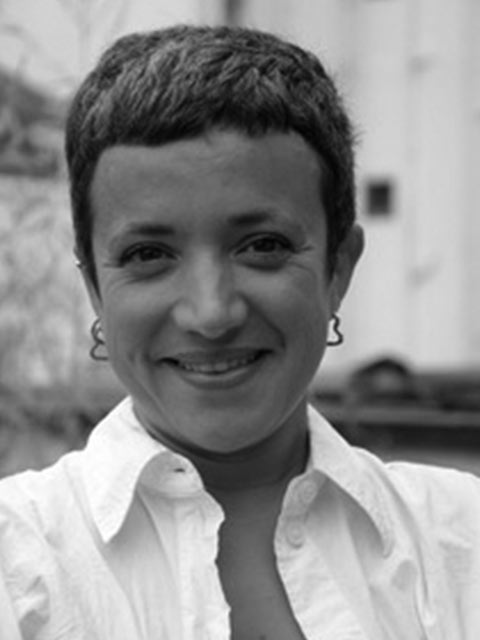
Clara Dublanc is a cultural producer with extensive experience in participatory projects sustaining the vision of artists, museums and institutions worldwide to deliver exhibitions and public programmes.
She is the founder of Itinerant Works, a production outfit focused on delivering projects at the intersection between visual arts and questions around mobility, participation and cultural diversity. She has a double degree in Literature from the Universities of Bologna and Haute-Alsace, and a Masters in International Relations between Europe and Latin America, also from the University of Bologna.
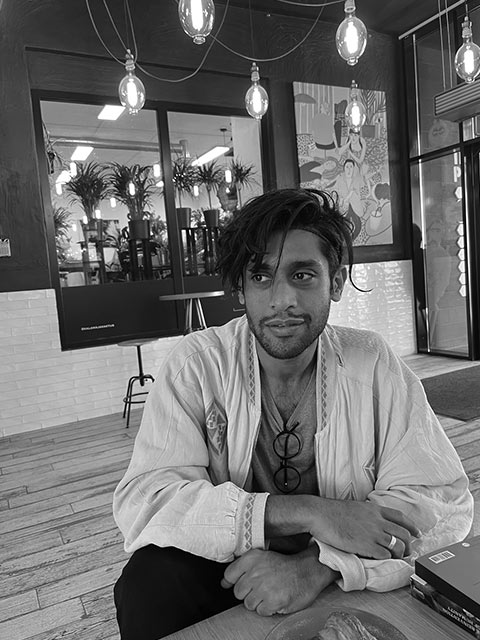
Tarun is a PhD student in philosophy, and a teaching assistant, at King's College in London. He is also a political activist and a writer—engaging with climate justice, global inequities in access to healthcare, and inter-ethnic harmony.
He's recently written for The Guardian and openDemocracy about his experience growing up with severe disabilities amidst unfair social arrangements.
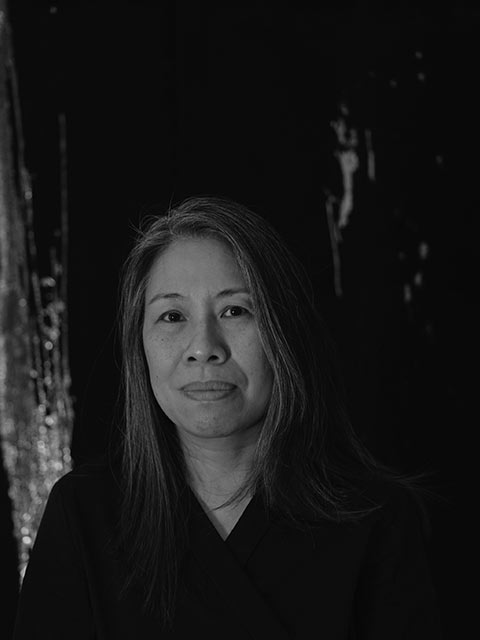
Alison Lam is a neurodivergent British-Chinese artist. Alison’s work explores difference, isolation, belonging and inclusion, and her practice facilitates conversations for people who sometimes find it hard to communicate. Her interdisciplinary, socially engaged practice examines difference, isolation, belonging and inclusion.
Alison’s work draws from her experience as a mother of autistic children, she uses art and activism to create supportive and accessible spaces for neurodiverse people.
Having completed an MA in Fine Art and Social Practice at Middlesex University, Alison has been the resident artist at Lauderdale House supported by Camden Disability Youth Services, and has delivered workshops with Markfield Projects in Tottenham, Haringey NAS parent support groups and with an Artist Researcher at CRAE (UCL) for the Wellcome Trust. Alison is also a guest lecturer for the MA in Inclusive Arts at Brighton University, Middlesex University and MASS Sculpture and in 2022 was awarded funding from Arts Council England’s DYCP.
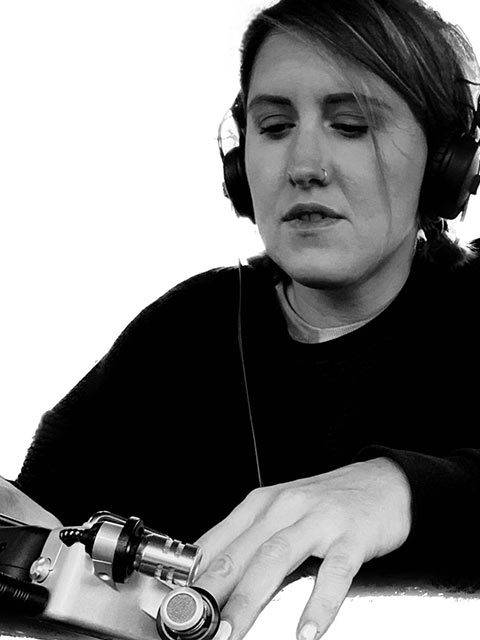
is a sound artist with a social practice. Recent projects include ‘The Right to Record’ (2021) - a creative campaign with disabled activists, which successfully lobbied the Government to change a harmful clause within the benefits system, and ‘o-o-radio!’ (2023) - a project at Wysing Arts Centre, constructing homemade radios with d/Deaf young people, to better understand how hearing aids operate.
Alongside her artistic practice, Hannah teaches contextual studies, community engagement, and collaborative practice at Central Saint Martins and London College of Communication, where she is also a PhD student with Creative Research into Sound Arts Practice (CRiSAP).
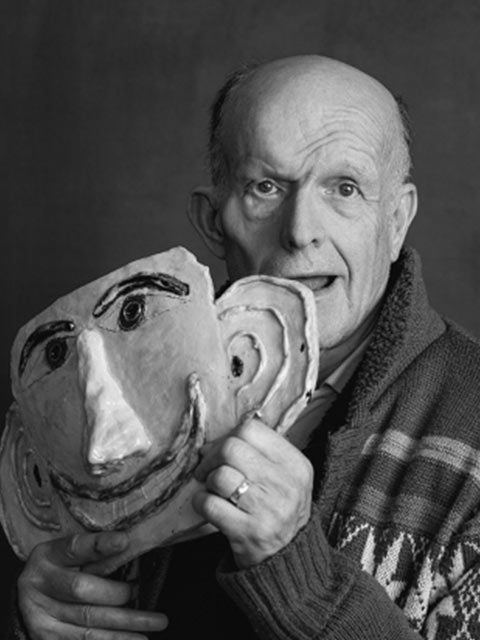
Chris Miller is a writer and a self-described outsider artist working in painting, pottery and drawing. Utilising the visual language of art from the past, Miller places his own body and identity at the centre of his work as a way of communicating with, and fitting into the wider world and in order to explore the changes he experienced as a result of becoming disabled.
Miller has exhibited in group shows at the Southbank Centre, Enclave Gallery Deptford and the Stratford Arts Centre. Millers’ recent solo exhibition, Me As Venus, was on display at Nomas Projects, Dundee (2021). Miller is based in Hornchurch, Essex, and is currently studying for a MA in Health Humanities at University College London. Chris and other disabled artists from Headway East London are planning Differently Various, an exhibition taking place at the Curve Gallery, Barbican London, in late July, early August 2023.
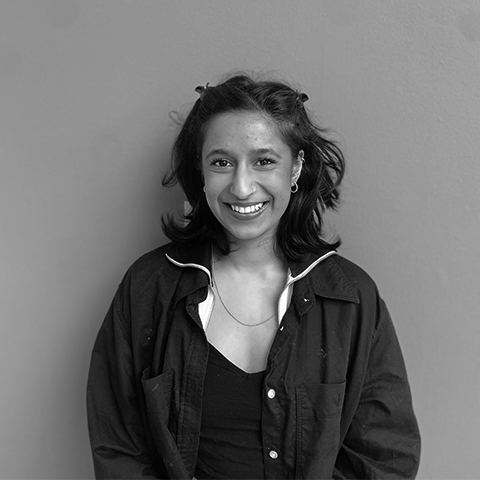
Janaki Mistry is studying for a Curatorial Masters in Contemporary Art, where her practice lies in the crossover between arts education and the gallery as sites for social change.
She uses a sensitive and long-term methodology to create positive impacts and provide the audience with a unique intersectional space for learning and exchange.
Mistry’s background as an artist explores the personal being political, how identities play out in broader culture and the sensitives of talking about identity and colonial histories. As an artist and curator, she designs, develops and delivers engagement material that is socially and politically engaged, which challenges how art can make a transformative change in the world.
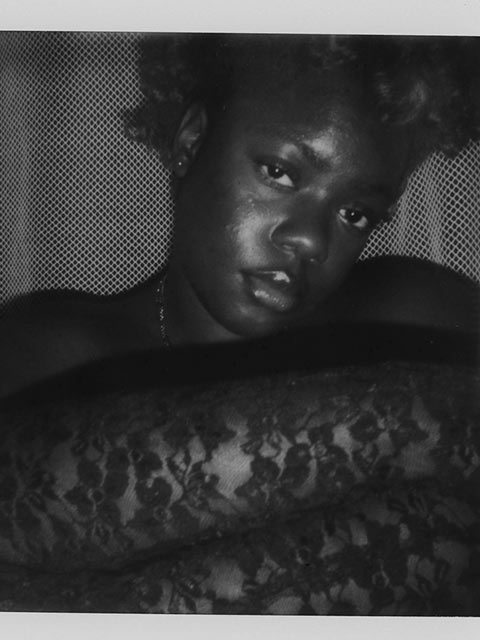
Bernice Mulenga is a British -Congolese photographer with a distinct aptitude for archiving, documenting and interrogating the world around them. Mulenga’s work centres on their community and the experiences within it—most notably in their ongoing photo series #friendsonfilm.
Their work also explores reoccurring themes surrounding identity, sexuality, grief, darkness and family.
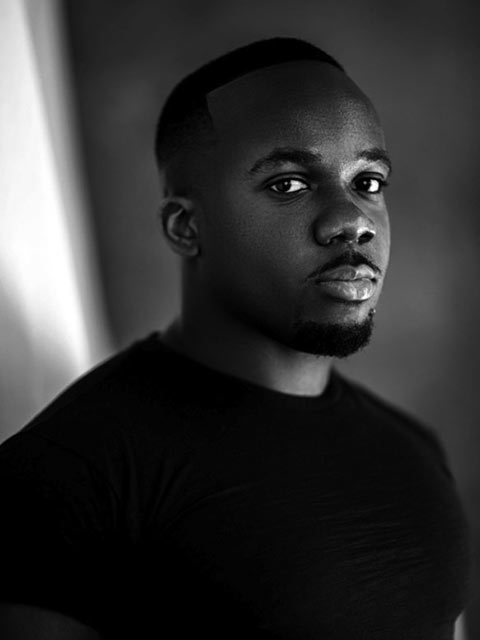
Jason Okundaye is a South London based writer with essays, features and profiles in publications such as the Guardian, the London Review of Books, British Vogue, GQ, and Dazed.
Alongside Marc Thompson, he co-curates the digital archive Black and Gay, Back in the Day documenting Black LGBT life in Britain since the 1970s. His first book, Revolutionary Acts, a social history of Black gay men in Britain, will be published by Faber & Faber in Spring 2024.
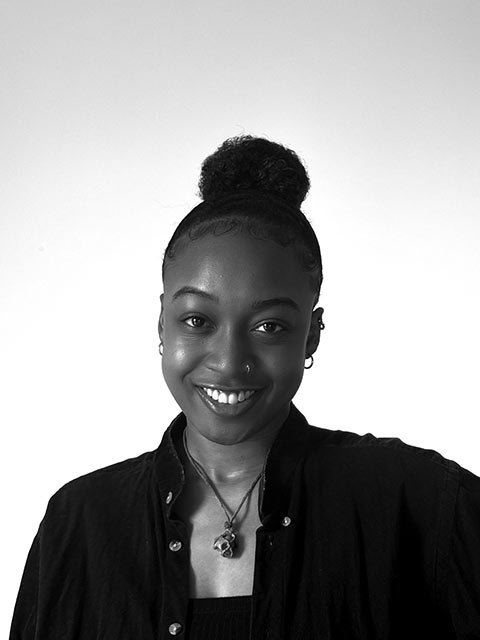
Charli Payne is a British-Caribbean artist based in London working across installation, performance, film, print and photography. Her practice explores the socio-political significance of being Black, in particular, the complexity in the ways this shapes the identities and experiences of Black Brits.
Payne takes an investigative approach to her subject matter whilst displaying familiar visual representations creating spaces for comfort, learning and vulnerability.
Payne showcased her first solo immersive exhibition, One Big Chop, at Filet space in London, 2021. She was awarded a documentary photography scholarship with Magnum Photos in 2018 and a Bartlett Travel scholarship to Cape Town, South Africa in 2019. In 2020, Payne curated M3MOREX, an immersive exhibition at Quayside, Newcastle and Black is Gold, an exhibition celebrating black culture at Newcastle University, as well as co-editing It’s All About Dis Course, a publication that provides insight into the experiences of BAME art students navigating predominantly white spaces.
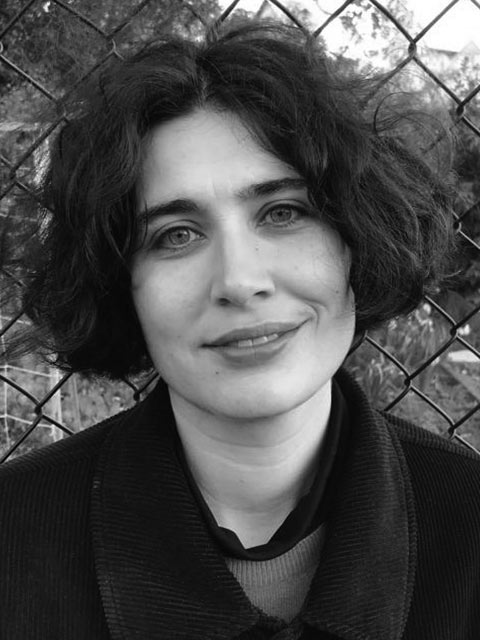
Albinia Stanley is a Community Organiser working with Southwark & Peckham Citizens, a local alliance of Citizens UK. Made up of 22 civil society institutions, including Camberwell College of Art, Southwark & Peckham Citizens is a community power organisation which exists to develop leaders, strengthen institutions and win justice in the borough of Southwark and beyond.
Albinia also oversees a pan-London, schools-based organising project for the Migration Team at Citizens UK and teaches modules on Community Organising at KCL and UCL. She holds a BA in English and an MPhil in Social Anthropology from the University of Cambridge.
Venue information and access
The conference will be taking place across three key sites in Camberwell, Peckham. The maximum walking distance between sites takes around 15 minutes, with adequate time factored into the schedule between sessions. All venues have wheelchair access.
We have set aside budget to support access to this conference programme. Please let us know on the Eventbrite booking form if you have any access needs. If you’d like to discuss this further or in advance of booking please contact: livvy@autograph-abp.co.uk
Can I join the conference online?
This is an in-person event. We may be recording elements of the programme and sharing them digitally at a later date. For updates about our work, join our newsletter.
What is included in the ticket price?
Your ticket grants you access to both days of the conference. The conference schedule is outlined above and includes a free drinks reception on the Friday evening. Tea and coffee will be provided on both days.
What about lunch?
Lunch is not included in the cost of a ticket, however there are plenty of local places where you can grab a bite to eat. Lunch space will be provided for any attendees wishing to bring a packed lunch.


Images on page
Banner image: Image Background Rotimi Fani-Kayode, Four Twins [detail], 1985
Photographs courtesy Jalaikon (from Rights in Focus Conference 2018)
Drawing courtesy Miriam Ivanoff (from Rights in Focus Conference 2018)
Autograph is a space to see things differently. Since 1988, we have championed photography that explores issues of race, identity, representation, human rights and social justice, sharing how photographs reflect lived experiences and shape our understanding of ourselves and others.